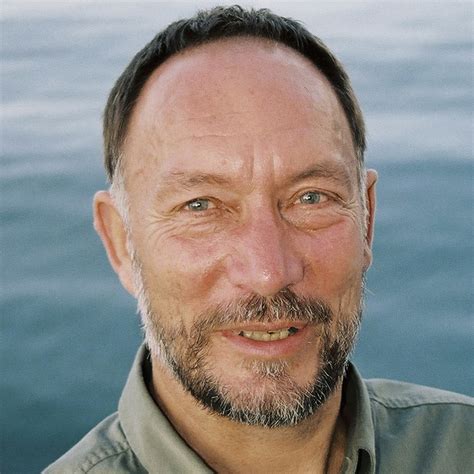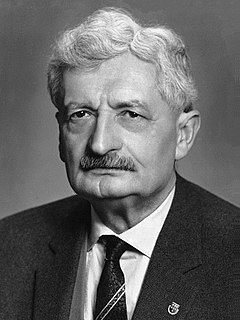A Quote by Italo Calvino
In 'Cosmicomics,' I came close to science fiction - I was inspired by cosmological subjects and the workings of the universe and invented a character who was a sort of witness to everything that was happening inside the solar system.
Related Quotes
I used to be a strong believer that we would eventually colonize the solar system the way it's been done in science fiction many, many times: bases on the moon, Mars colonized, move out to the outer planets, then we go to the next solar system and build a colony there. I don't know now - I'm not as convinced that's the way it's going to pan out.
Science fiction is the most important literature in the history of the world, because it's the history of ideas, the history of our civilization birthing itself. ...Science fiction is central to everything we've ever done, and people who make fun of science fiction writers don't know what they're talking about.































